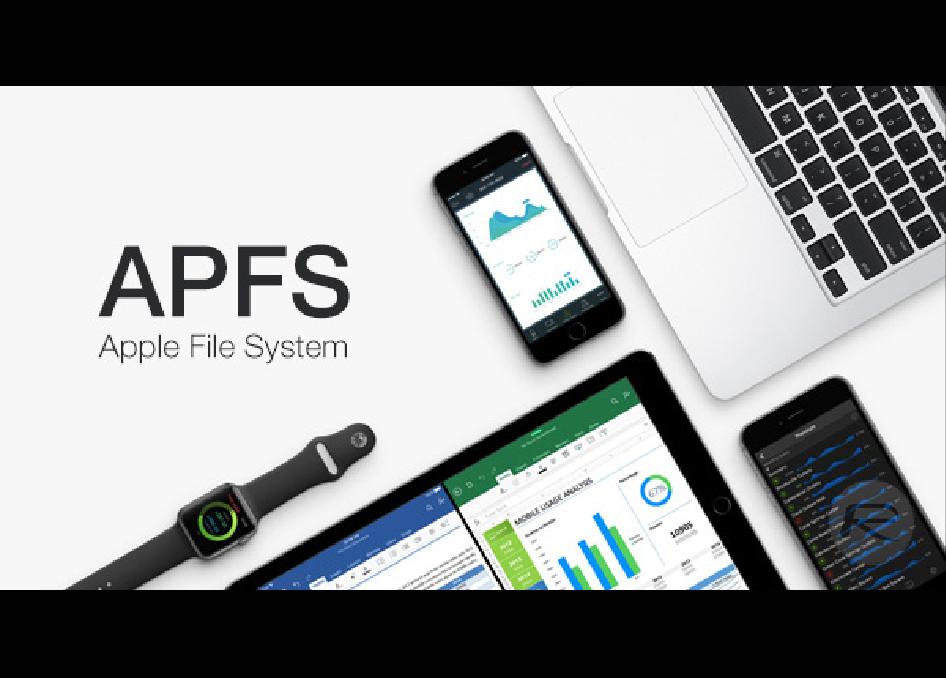
The new Apple File System (APFS) has been in beta for a while now and Apple enthusiasts everywhere expect it very soon. But what exactly can we expect and what’s the point?
The point is that the APFS will run on WatchOS, iOS, tvOS and macOS making the whole Apple universe more scalable and a more seamless experience all the way around.
But why the change? Well, the current system, HFS+, is over 30 years old. I can tell you from personal experience that things over 30 years old tend to not work as well as they used to! It was designed when we were still using floppy and hard drives and a rigid data structure but times, they are a’changing and we need backwards and forwards compatibility and APFS is more flexible and dynamic.
Now don’t freak out, if you have apps that run on HFS+ (and we all do), APFS will not kill them. APFS is designed to both support and replace HFS+, you will likely see no change at all.
Before I go further I want to make sure to give credit where credit is due, this clever, well written blog is all mine but all the information within came straight from the horse’s mouth, more accurately, from Eric Tamura and Dominic Giampaolo’s mouths.
If you are interested in watching the 36 minutes video that goes all through the new APFS you can do so here. They do some cool demos in this and it really shows how much faster APFS is versus HFS+.

What these two smartie pants shared is as followed, I am not going to go over every new feature but I will touch on most of them:
- Space Sharing: Do you have more than one partition? Cool, you’ll love this. Currently, free space on one partition doesn’t translate to more space on another partition.. but with APFS it will! Now there will be ‘containers’ which will hold all the available space allowing any partition to grow at any time.
- Flash/SSD optimization: most of the products have solid state drive, APFS is designed with that in mind. It’s predecessor was created when floppy disks were prevalent – can you even find those anymore?? HFS+ has basically been pushed and pulled as far as it will go and it’s just not feasible or financially responsible to continue with it.
- Crash protection: no one ever plans on crashing but it happens, hell we buy insurance for just such an occasion. APFS takes crash protection to a whole new level. The new metadata scheme safeguards that the writes to storage are always in sync with writes to the file system journal even in the event of a power failure.
- Low-latency design: this basically means that apps will open faster (yay for app developers – ahem) and data will be delivered faster (again, yay!).
- Strong encryption: APFS will support metadata encryption, per-file encryption and per-extent encryption (each “region” of a file can be encrypted). APFS is the only file system currently allowing users this level of encryption – hence why we love Apple so much – they give us what we want!
- 64-bit inode numbers: Now I’ll be honest, I had no earthly idea what this meant! Fortunately our developers do. Inodes are data structures that store metadata about objects (we love metadata) as opposed to 32-bit, meaning it is capable of storing 9 quintillion files…. that’s a thousand raised to the power of six (1018)!
So now you are in the know and we can patiently wait for the new Apple File System to drop together.
I had to sneak this throwback Apple in just for fun!  #apple #APFScountdown
#apple #APFScountdown
written by Michelle Maddox,
Marketing Director for Imagine Products